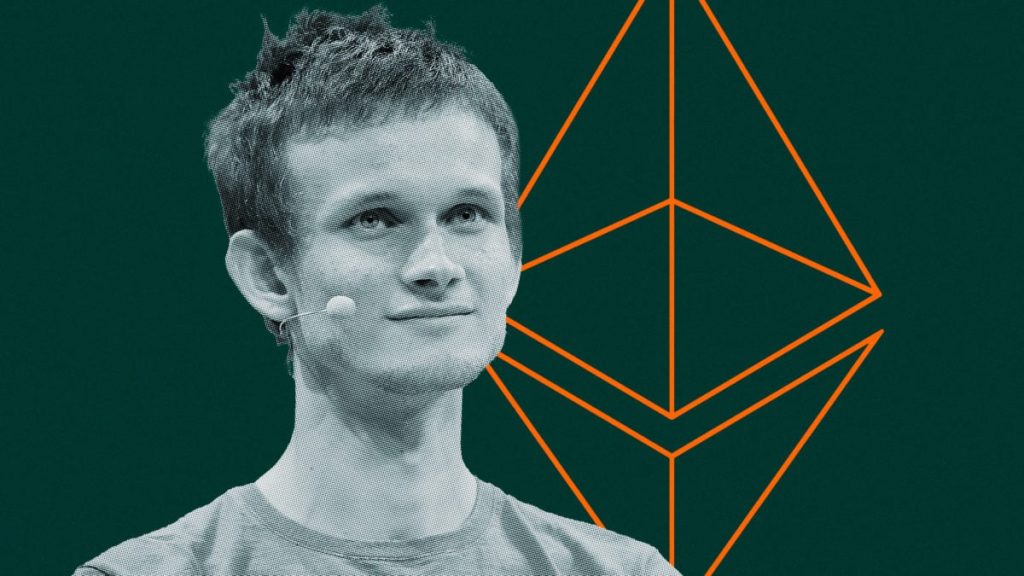Ethereum co-founder Vitalik Buterin highlighted a pressing challenge for Ethereum’s proof-of-stake system: centralization risks stemming from staking behavior. During a speech at ETH Taipei, Buterin addressed the issue of “lazy stakers.”
The “Lazy Staker” Problem
These “lazy stakers” hold at least 32 ETH, the minimum required to run a validator node, but opt for staking pools and liquid staking solutions instead of solo staking. While staking pools offer convenience, they contribute to centralization as power concentrates in fewer entities.
Social Pressure Not Enough, Long-Term Solutions Needed
Buterin acknowledges the limitations of relying solely on social pressure and user goodwill to promote decentralized staking. He emphasizes the need for more robust solutions beyond “yelling at people” to diversify their staking options.
Lido’s Dominance Raises Concerns
The dominance of liquid staking protocols like Lido is a major concern. Lido, with its $34.3 billion TVL, currently controls a significant portion (30%) of staked ETH on the Ethereum network. While Lido leverages a network of node operators, its centralized control structure raises centralization risks.
“Rainbow Staking” as a Potential Solution
Barnabé Monnot of the Ethereum Foundation proposed “rainbow staking” as a strategy to decentralize staking. This concept involves a tiered system with “heavy” and “light” staking categories. “Heavy stakers” participate fully and bear slashing risks, while “light stakers” contribute less frequently through a lottery system and are exempt from slashing penalties.
The Challenge: Engaging Lazy Stakers for Long-Term Security
The key question, according to Vitalik Buterin, is how to incentivize “lazy stakers” to participate in a secure and decentralized manner. Without attractive options for these passive stakeholders, they might resort to centralized solutions, undermining Ethereum’s long-term security.
The Call to Action: Building a Robust Staking Economy
Buterin emphasizes the need for a well-designed staking economy that caters to both active and passive stakers. Finding a solution for “lazy stakers” is crucial to ensure a secure and robust staking ecosystem for Ethereum’s future.
Also, in the comment section, you can freely share your comments and opinions about the topic. Additionally, don’t forget to follow us on Telegram, YouTube and Twitter for the latest news and updates.


